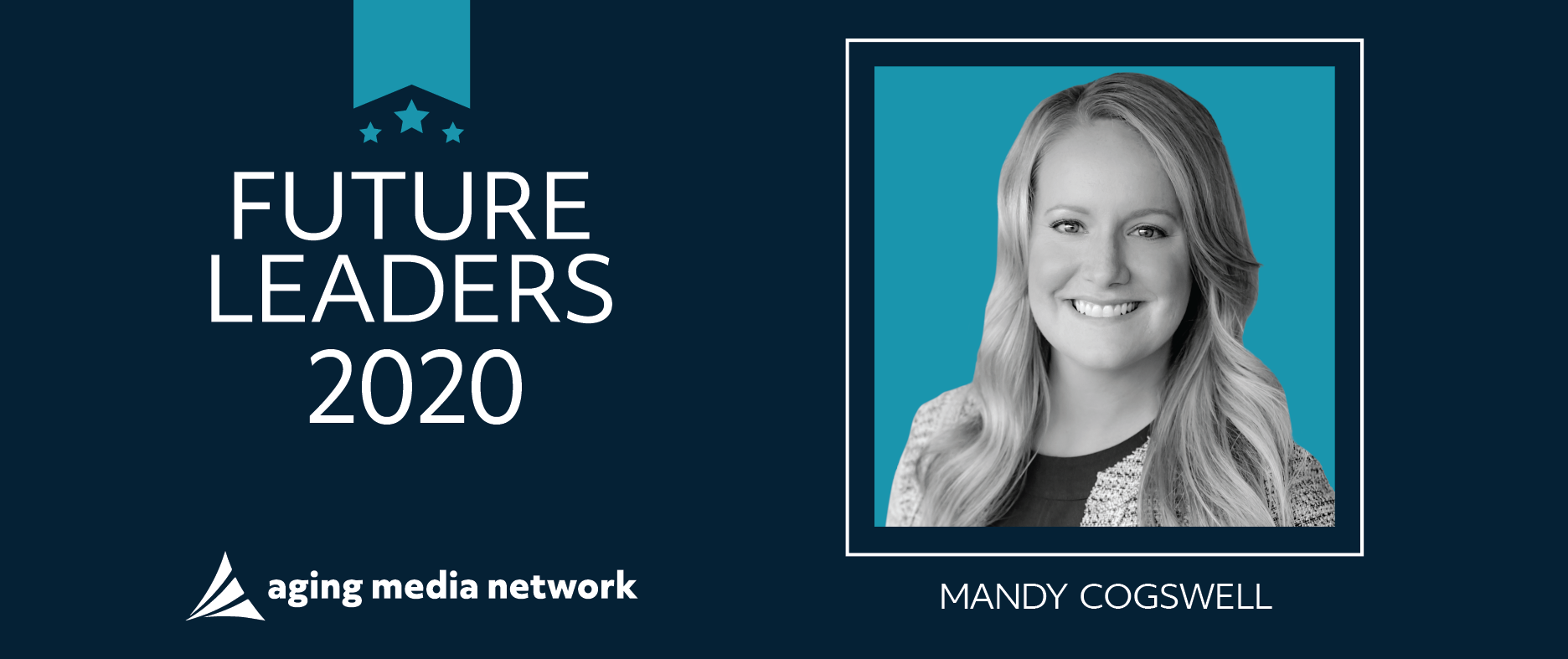The Future Leaders Awards program is brought to you in partnership with PointClickCare. The program is designed to recognize up-and-coming industry members who are shaping the next decade of senior housing, skilled nursing, home health and hospice care. To see this year’s future leaders, visit Future Leaders online.
Mandy Cogswell, chief clinical officer for Minnesota-based St. Croix Hospice, has been named a 2020 Future Leader by Hospice News parent company Aging Media Network.
To become a Future Leader, an individual is nominated by their peers. The candidate must be a high-performing employee who is 40-years-old or younger, a passionate worker who knows how to put vision into action, and an advocate for seniors, and the committed professionals who ensure their well-being.
Cogswell sat down with Hospice News to talk about her career trajectory and the ways the industry is evolving due to market and regulatory forces and the COVID-19 pandemic.
What drew you to the hospice field?
My first job as a nurse was in 2008, and it was really the opposite of hospice work. I worked on a ventilator unit and managed multiple life-sustaining treatments for patients that really were not getting better. As a new grad, that position was great for practicing my technical skills, but I felt terrible for my patients because many of them lacked quality of life.That position gave me a lot of perspective on disease management, advanced care, planning and end of life.
Eventually I came across an opportunity to work as a nurse case manager at a new agency, which is now St. Croix. I remember thinking how refreshing it was to be able to focus on making people comfortable and at peace versus managing a lot of alarms and tubes and those types of treatments like I was in my previous role. I was also very drawn to the interdisciplinary approach that we have in hospice and also the relationship you can develop with patients and their families when they’re on hospice.
What would you say is the biggest lesson that you’ve learned since you began your career in hospice?
The biggest lesson that I’ve learned is that if you put the patient at the center of your decision making it’s really hard to go wrong. Having been doing this now for more than 10 years, I still come across new situations with my team, new circumstances all the time. I’m constantly learning and problem solving, and I do so with the patient at the forefront of my mind.
One of the things that our CEO [Heath Bartness] often says is that we only get one chance to give each patient the best possible end-of-life experience. And I truly believe in that sentiment; I believe the patient always comes first.
If there’s one thing you could change with an eye towards the future of hospice, what would that be?
I would encourage more people to become nurses, which might be kind of hard to do during a pandemic. But we are going to need them, especially in hospice, as the baby boomer generation ages. Our nursing workforce itself is aging, and it’s really not growing fast enough to replenish the older nurses who are reaching retirement age.
At St. Croix, I’m very grateful that we have strong recruitment and retention efforts, and right now we can manage this. But I do worry about the industry five or 10 years down the road. I think hospices will have to be very competitive with employee engagement, support, and compensation. We cannot do our work without great nurses.
What do you foresee as being different about the hospice space as you look ahead to 2021?
As with many industries, one of the biggest changes we will continue to navigate as we head into 2021 is the COVID-19 pandemic. This has already made things different, and I think much of that will continue into 2021. That probably wouldn’t have been my answer at the beginning of the year, but at this point, hospices are still operating under some extended waivers. I think it will be really interesting to see what becomes of those waived requirements, if any will become permanent regulatory changes due to this ongoing pandemic.
Our interdisciplinary team is having to overcome a lot of understandable barriers. We’re doing things now that we’ve not done in the past. We’re wearing significantly more [personal protective equipment] and doing more phone outreach and telehealth.
What do you think your answer to that question might have been at the start of the year?
I think looking into 2021 I mean, I just think the focus on quality is increasing as well as the focus on technology. I think back to some of the initiatives that we had when we were doing our strategic planning for 2020. We were looking at various clinical care programs that we wanted to do. We had a respiratory program planned. We had a fall prevention program planned and other things that I would love to be working on.
They weren’t as applicable now as they were at that point in time. But the focus was so heavy on quality we’ve taken an approach to adopt as much technology as possible to drive not only quality, but our efficiencies, resource allocation — all those things that help us be the best that we can be.
We still are trying to obviously achieve those initiatives, but COVID-19 has taken a forefront and has made things a little more difficult. We have more barriers that we have to overcome.
How would you describe the future of hospice as you see it?
I think the future of hospice is very bright, and we are a tough industry that continues to evolve despite multiple challenges. As I said, quality is a big driver in the hospice industry right now. I think that is the way that it should be. The bar is going up, meaning people are getting better hospice care.
Another big driver that I mentioned is our use of technology to improve quality, operations, and compliance. All of those things can be improved by accessing and utilizing more technology. At St. Croix Hospice, we’ve started using predictive modeling that integrates with our clinical assessments to help us anticipate patients final days. With that knowledge, we’re able to work with our partner facilities to ensure patients and families are getting the support that they need.
I know that there will be changes in the future, but I think that hospice will continue to grow as an industry and that the value of hospice not just to the people that we serve, but to the health care community as a whole will become more and more clear over time.
We know the hospice benefit is underutilized, and I foresee a continuing increase in utilization as more and more people experience the benefits of hospice care. Despite everything that’s going on with the pandemic and the challenges that we currently face, I still think this is a remarkable time to serve in this field and I just look forward to continued growth in hospice and advancements in all areas of end-of-life care.
To learn more about the Future Leaders program, visit the Future Leaders homepage.



